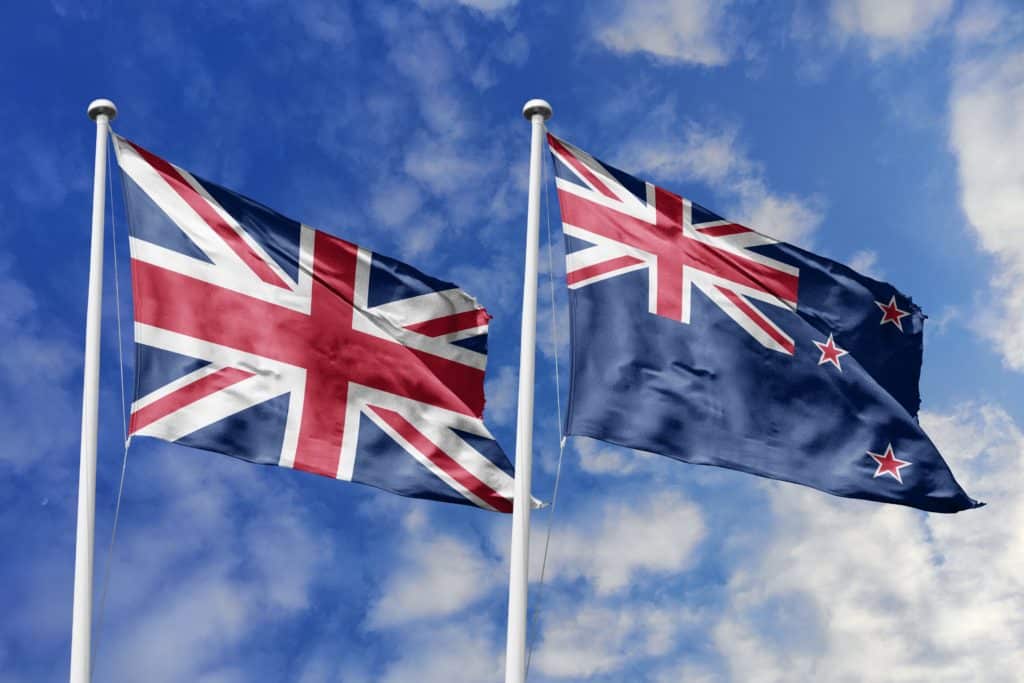The International Family Law Group represented the successful respondent mother in the recent case of Re B [2025] EWHC 2144 (Fam). The case serves as an important reminder for families moving between countries, where the consent of one parent to the move comes into question.
Background
The case concerned the father’s application for the return of the subject child, known as “B”, to New Zealand.
The father is a New Zealand national and the mother is a British national who moved to New Zealand in 2010 for work. They met in 2014 and married in 2019; the subject child was born in 2022, with dual British and New Zealand citizenship.
In September 2024 the mother brought him to the UK for a family wedding with the father’s consent. She did not return to New Zealand after the wedding and in May 2025 B’s father brought proceedings under the 1980 Hague Convention for B’s summary return to New Zealand.
There were significant areas of factual disagreement in the case, with the mother alleging domestic violence and emotional abuse. The main point for the court however was the question as to whether the father had acquiesced in B remaining in England. Both parents filed lengthy witness statements on the issue; the mother, in particular, relied on a series of text messages exchanged between the parties as well as transcripts of telephone conversations between her and the father which she recorded without his knowledge.
The judge did not have a complete set of the conversations and messages passed between the parents. Neither did the judge have a contemporaneous record of their telephone conversations, or a complete set of the Facebook messenger text messages that passed between them, as in February 2025, the father cleared the chat conversations that had taken place.
It was agreed that by the end of September 2024, the mother had formed the intention that she did not wish for her and B to return to New Zealand and told the father accordingly. The father was initially very upset and angry: once the dust settled, several messages were exchanged. Some of these showed his agreement to staying in England, and others indicated his wish for both the mother and B to return to New Zealand. He sent messages to mother, including one which included a link to the Ministry of Justice’s website on the Hague Convention, in early October 2024, showing that the father had some indication of legal avenues he could take. Simultaneously, the parents also discussed the possibility of the father moving to England to live with them.
Acquiescence and the 1980 Hague Convention
In applications under the 1980 Hague Convention, a child must be summarily returned to their state of habitual residence, unless a defence (known as an ‘exception’) is made out.
One set of possibles defence is that of consent and acquiescence. This is contained within Article 13 of the Convention, which states that:
Notwithstanding the provisions of the preceding Article, the judicial or administrative authority of the requested State is not bound to order the return of the child if the person … [who] opposes its return establishes that –
a) the person (…) had consented to or subsequently acquiesced in the removal or retention;
As such, if it can be shown that the left-behind parent has demonstrated that they agreed to the child remaining in the new state, the court is not obliged to order the child’s return.
In terms of the law in this area, the judge referred significantly to Re H (Minors)(Abduction: Acquiescence) [1998] AC 72, and to Re S (Abduction: Acquiescence) [1998] 2 FLR 115, highlighting:
“(1) For the purposes of article 13 of the Convention, the question whether the wronged parent has “acquiesced” in the removal or retention of the child depends upon his actual state of mind. As Neill L.J. said in In re S. (Minors) (Abduction: Acquiescence) [1994] 1 F.L.R. 819 , 838:
“the court is primarily concerned, not with the question of the other parent’s perception of the applicant’s conduct, but with the question whether the applicant acquiesced in fact.”
(2) The subjective intention of the wronged parent is a question of fact for the trial judge to determine in all the circumstances of the case, the burden of proof being on the abducting parent.
(3) The trial judge, in reaching his decision on that question of fact, will no doubt be inclined to attach more weight to the contemporaneous words and actions of the wronged parent than to his bare assertions in evidence of his intention. But that is a question of the weight to be attached to evidence and is not a question of law.
(4) There is only one exception. Where the words or actions of the wronged parent clearly and unequivocally show and have led the other parent to believe that the wronged parent is not asserting or going to assert his right to the summary return of the child and are inconsistent with such return, justice requires that the wronged parent be held to have acquiesced.”
(5) once given, acquiescence cannot be withdrawn
This case
In Re B, the Judge considered both written and oral evidence from both parents, alongside the surviving messages between them and the transcripts of the telephone conversations. He was satisfied that the father had indeed acquiesced in the mother’s retention of B in England. It was clear from the outset that the father availed himself of the resources found on the New Zealand Ministry of Justice website and was aware that he had legal remedies open to him to seek a return of B to New Zealand. He had informed the mother of this and then chose not to pursue them for a significant period of time.
Moreover, the judge took several further factors into account between September and March 2025, which led to the father being deemed to have acquiesced in the child’s retention in England. The mother told the father that she was resigning her job in New Zealand and seeking a new one in England. He reacted by wishing her luck with interviews and made no objection to the mother taking steps to find a house or to enrol B in pre-school. Whilst this was ongoing, he was taking steps to draw together the threads of their previous life in New Zealand, including renting out their former home and finding a new job for himself elsewhere in the country. The father also sent the mother a litany of text messages confirming his agreement to B remaining in England and the parents separating. Those in particular did him few favours when it came to seeking the child’s return, and some are included at paragraphs 13 to 19 of the judgment.
The Judge considered that the father’s behaviour during this period, taken as a whole, demonstrates that he acquiesced in B’s retention in England. This allowed the judge to exercise his direction and refuse a return.
Acquiescence as a defence
Acquiescence is not commonly deployed a defence under the 1980 Hague Convention. Actions such as sending messages, agreeing to ship or sell belongings, or seeking immigration advice ahead of a move, could be construed as acquiescence. However, the burden is on the respondent to prove this, and solid evidence in support is required. In this matter in particular, the father had deleted the parents’ chat – the mother, fortuitously, had the foresight to take screenshots of many of the relevant messages which, in due course, were heavily relied upon by the judge.
Ultimately, matters involving acquiescence are hugely fact specific. Respondents who seek to rely on this defence need to demonstrate more than just the mere passage of time. Rather, the defence relies on a careful, forensic evaluation of what was going on in the parents’ lives between countries. The case also demonstrates that even when one parent has consented to a relocation, either before or after a move, the door may well still be open for them the mount an application under the 1980 Hague Convention for the child’s return.
Partner James Netto, and paralegal Donald Stembridge, represented the successful respondent mother in this matter. Victoria Green of 1KBW was instructed as counsel.
James Netto
[email protected]
The International Family Law Group LLP
www.iflg.uk.com
© August 2025
- James Nettohttps://iflg.uk.com/team/james-netto
- James Nettohttps://iflg.uk.com/team/james-netto
- James Nettohttps://iflg.uk.com/team/james-netto
- James Nettohttps://iflg.uk.com/team/james-netto











